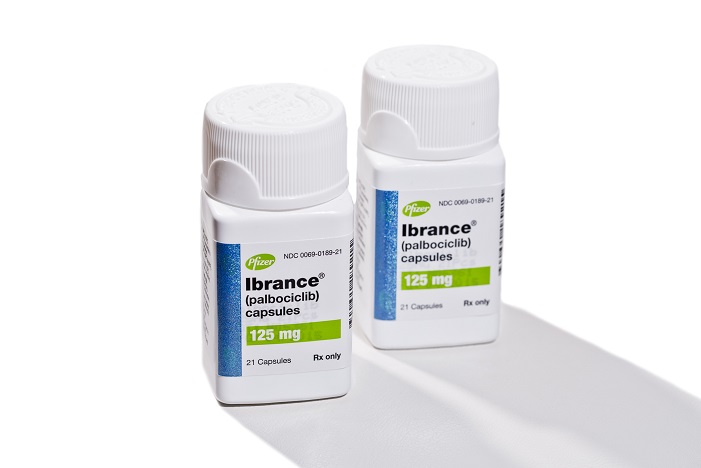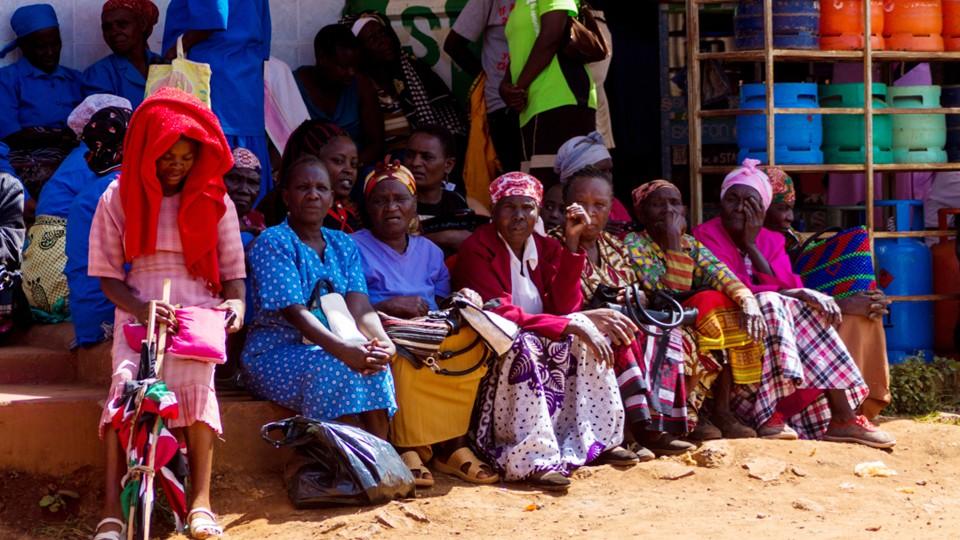Pfizer's breast cancer drug step closer to EU approval

Pfizer’s Ibrance (palbociclib) has won the backing of Europe's CHMP committee for locally advanced or metastatic breast cancer.
The drug, which is used for hormone receptor positive (HR+) and human epidermal growth factor receptor two negative (HER2-) cancer, was conditionally approved in the US early last year.
Ibrance has already become well established as first line therapy in this indication in the US, and with sales in excess of $500 million in Q2 alone, it is already Pfizer’s top-selling oncology drug.
However Ibrance could face competition from Eli Lilly’s abemaciclib and potential combination therapies involving Novartis’ Afinitor (everolimus).
The US approval was conditional on confirmatory survival data from the PALOMA-2 trial, which has met its primary goal, according to a presentation at the American Society of Clinical Oncology meeting this year.
If approved in Europe, Ibrance will be the first in a new class of anti-cancer treatments, cyclin-dependent kinase 4/6 (CDK 4/6) inhibitors.
The CHMP scientific committee backed Ibrance, based on phase 3 data based on a combination of Ibrance and letrozole, and Ibrance with fulvestrant.
In postmenopausal women, Ibrance is to be used in combination with an aromatase inhibitor or with fulvestrant in cases where the patient has undergone prior hormone therapy. For women in stages preceding menopause, the hormone therapy should be combined with a luteinising hormone releasing hormone (LHRH).
Data were from the phase 2 PALOMA-1 and phase 3 PALOMA-3 trials, and results from PALOMA-2 were added during the review.
The most frequently reported side effects are associated with myelosuppression, a condition in which the patient’s bone marrow produces fewer blood cells than normal.
Other side effects included infections, fatigue, nausea and vomiting, inflammation of the lining of the mouth, diarrhoea, and hair loss.
The CHMP’s decision will now be passed on to the European Commission, which is likely to approve the drug in the coming weeks.












